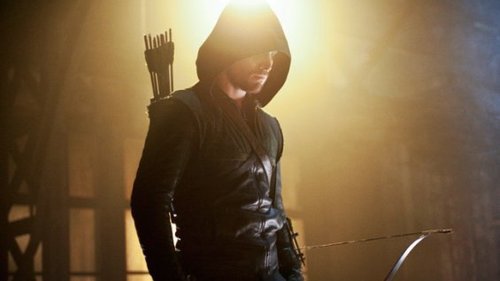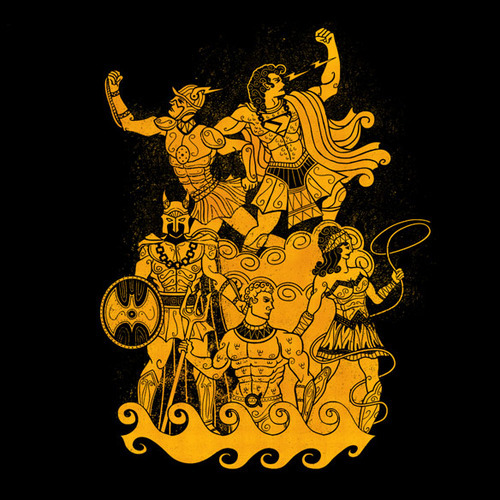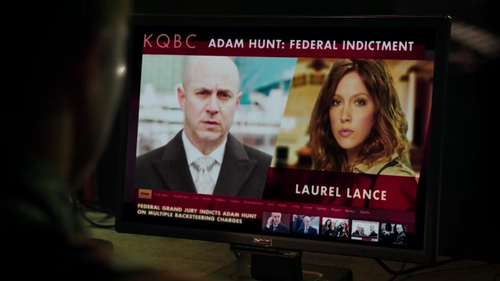The other night in a bout of post-graduation “now what,” I popped open Netflix and started watching The CW’s show Arrow. On the air since 2012, it takes elements from DC comic book hero Green Arrow. Five-line summary:
After a shipwreck kills his father, rich kid Oliver Queen spends five mysterious years (which we learn of through flashbacks) on a deserted island. Upon returning he becomes a vigilante and, with the help of his lawyer (ex[?]-) girlfriend, starts taking down corrupt businessmen in his father’s memory.

Instead of going after people with alter egos, Oliver pursures [mono-ego-ed] rich people who are hiding career-killing criminal master plans. Examples include:
- the housing mogul who put defective smoke detectors in low-income housing, resulting in many deaths by fire, and
- the industrial bigshot who dumped out toxic waste, had a whistleblower “disposed of,” and framed the whistleblower’s husband for her murder.
“Typical” supervillains tend to use their superpower/suit to seek a more generic shade of power or control. These villains are in stark contrast to those Oliver conquers in Arrow. This is an important distinction to make at the creative level, as I will discuss later.
Overall it’s an excellent show, with lots of plot twists, subterfuge, and “OH MY GOD WHAT COULD POSSIBLY HAPPEN NEXT?!?!”. The fight scenes are well-choreographed, the character relationships well-written, and our hero well-stubbled.

Ok now that we’ve got that out of the way, let’s proceed.
The JLA goes Greek
Many have already written about the similarities between superheroes and heroes of classical mythology. In a 2008 Vanity Fair interview1 with several prominent figures in the superhero field, Guillermo del Toro says [emphasis mine],
There is still a longing for mythos, for a spiritual Pantheon. […] the only sort of acceptable mythology, I think, is superhero mythology.
When you look at Superman’s story, it starts to resemble Perseus’s. The same goes for Spiderman and Odysseus, Batman and Hercules. Check out this guy’s crazy awesome masters thesis2 if you don’t believe me (and if you have some time to spare).
Harvard classics professor Gregory Nagy adds that although the heroic feats of old weren’t meant to be believed to the letter [emphasis mine]:
[…] myths about heroes were accepted as valid narratives about moral truths that helped explain life.
In other words, the tales of both super- and classical heroes echo society’s preferred ways (at a cultural level) to deal with challenges.

The interesting part happens when we look what these stories say about the cultures that created them. More importantly, we need to look at how those implications change over time.
Like a broken arrow
Last semester I took an anthropology class called Language in Society and Culture. We spent one class period reading proverbs and creation myths of several African cultures. From those myths, we inferred what sorts of values had high importance within the culture. One of the stories we read was the Wahungwe creation myth3. In it, the first man had intercourse with the second woman for several nights. (The first woman was responsible for plant life.) Each morning she would give birth to more animals and humans.
The next day, the god Maori announced his displeasure at the rampant procreation. The woman told the man to build a door to their house so Maori could not see what they were doing, and they went about their business. The next day, she gave birth to all the violent animals: snakes, lions, scorpions, etc. So, open sexual activity produced the normal animals, while private sexual activity produced the dangerous ones. Our group inferred that this culture must not have instilled values of shame and taboo toward sex like we do in Western culture.

Another African culture brings us this proverb, which will stick in my head for a long time:
A barren woman is like a leaking pot.
If this culture is equating
- a woman past childbearing age with
- a once useful item that no longer works,
it’s not a stretch to infer that women’s primary—maybe even only—redeeming function in that culture is childbearing.
This was one of my favorite days in class and I couldn’t stop thinking about how what we say, do, read, and write reflects our own culture.
Which brings us back to Arrow…
Supervillains then and now
Right away in the pilot, Oliver Queen targets Adam Hunt, a wealthy financier who has been swindling people out of their homes and money for years to line his own pockets. Laurel Lance, one of Starling City’s top lawyers (who also happens to be Ollie’s ex-girlfriend), is prosecuting the case. Hunt has an army of lawyers and other nasty people who will stop at nothing to cover his tracks. This same basic archetypal villain recurs throughout the series: corrupt non-super villains with plenty of manpower. (I’ve only seen five episodes at the time of writing this, but I’d call that enough to declare a pattern).

Compare this villain with Lex Luthor from the DC universe. His pockets are well-lined like Hunt’s, but he augments his strength with inventions moreso than manpower. The primary purpose of most of Luthor’s exploits is to take down Superman once and for all.
The point I’m trying to make here is that the villains from earlier superhero stories are overtly and canonically villainous. They make it their mission to stop the superheroes from interfering with their plots. On the other hand, the villains that crop up in Arrow seem closer to infamous real-world high-profile figures. The writers may well have opened the financial times and taken them out of a 21st-century newspaper headline.

Fiction as a mirror for real life
When we look at the historical context of these villains, we start to see how the entertainment industry mirrors the zeitgeist of the period. Superman (1978)’s Lex Luthor was threatening America with two nuclear missiles, and Superman had to stop him. This could have been a representation of the Cold War-era arms race in film. Superman represents America; Luthor, the USSR. The movie can be seen as a response to Cold War tensions in the form of a super-powered daydream, echoing real-world current events. The same goes for other generations of superheroes, says del Toro1:
“When you look back at the time Superman was born, it was portraying, quite essentially, the ethos of the time,” del Toro adds. “When you see the recombinant DNA of the superheroes when they were reinvented in the highly dubious 80s, by Alan Moore and Frank Miller, they are virulent testaments to the neo-fascism and consumerism of a sheepish society.”
(Of course, nuclear war isn’t exactly something we’ve really stopped worrying about. As such, it hasn’t yet left our cultural vocabulary.)

But in 2014’s world, present-day America has a new set of problems to worry about. NSA spying, “the 1%,” net neutrality, and corporations pushing their a$$et$ around in the political arena: problems closer to home. As Americans become more socially conscious, we are raising our voice about these new injustices.
And the entertainment industry is doing what it does best: capitalizing on the public’s sentiments.
Older superhero narratives featured the expectable, conspicuously power-hungry, super-suited supervillains. It should come as no surprise, then, that Oliver Queen is battling corrupt businessmen and one-percenters in Arrow. A modern American audience will hate a fraudulent drug-dealing CEO more than a criminally insane cyborg.

As the days go by, more and more Americans are let down by the justice system, let down by legislators, and let down by corporations.
The more downtrodden we become, the more we turn to shows like Arrow and heroes like Oliver. Through them we fantasize about beating up these transgressors and submitting them to receive justice under the law. Arrow is being renewed for a third season precisely because it shows us people who might be the very people who are making our lives crappy at work or at home. We watch them get punched in the face by the incarnation of self-empowerment and the force of good and then pay accordingly for the crimes they’ve committed.
In summary
We’ve looked at:
- how myths reflect the cultural values of a society;
- how those values change over time;
- how superhero stories are the modern version of mythology, a tale meant not to be believed in full but rather to represent our cultural values; and
- how superheroes assailing stockbrokers is a reflection of the new problems that modern Americans are struggling with.
I hope you’ve enjoyed my rabbit-holey exploration of this topic. I’d love to hear your thoughts on my piece, and also this one: I’m thinking of doing a similar analysis of House of Cards, what with all the political subtext going on there. If you’re still reading this, thank you!
—Dan
-
http://www.vanityfair.com/online/daily/2008/07/why-america-worships-superheroes ↩ ↩2
-
http://dspace.uttyler.edu/xmlui/bitstream/handle/10950/73/Latham_Andrew.pdf?sequence=1 ↩
-
http://books.google.com/books?id=9I62BcuPxfYC&pg=PA271&lpg=PA271&dq=wahungwe+creation+myth&source=bl&ots=4XKwTnhXfW&sig=nm7hf5Sk1XYkyuOtFQbo_cD2_Rw&hl=es-419&sa=X&ei=DM56U5SrA4yKyAS-iYGgBA&ved=0CD4Q6AEwAQ#v=onepage&q=wahungwe%20creation%20myth&f=false ↩
